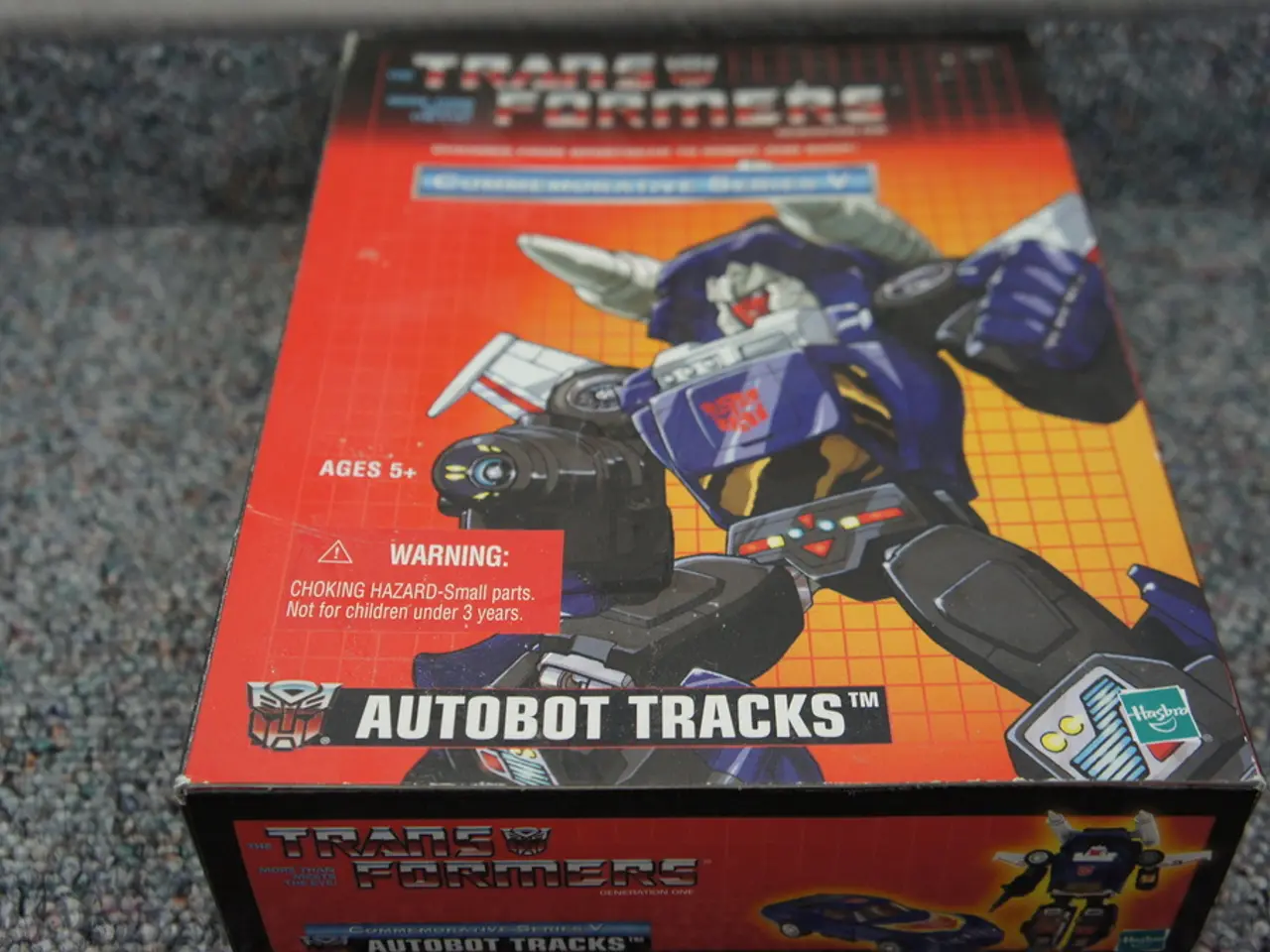Desktop PC chip hold-up by Nvidia reportedly linked to Windows delays; ongoing chip revisions and diminishing demand also implicated
In a recent development, Nvidia and MediaTek have announced a delay in the release of their highly anticipated N1X AI PC platform. Originally scheduled for Q3 2025, the new platform is now expected to launch in the first quarter of 2026.
The delay is attributed to a combination of factors, including Microsoft's slower-than-expected OS roadmap and weakening demand across the notebook market. However, the new Q1 2026 timeline suggests that Nvidia and MediaTek are refining both hardware and strategy to ensure a seamless and powerful user experience.
Nvidia and MediaTek have been key partners in Nvidia's NVLink Fusion ecosystem for custom AI silicon. This partnership has already led to the co-development of the DGX Spark personal AI supercomputer. The collaboration between the two tech giants is not limited to PCs; they are also expanding into automotive AI, edge AI development, and custom AI silicon.
The N1X platform is expected to deliver 180-200 TOPS of AI compute performance, making it a formidable contender in the AI market. Major OEMs and ODMs, including Dell, HP, Lenovo, Asus, MSI, and Compal, are preparing notebook and desktop designs for the N1X platform, indicating strong industry support.
Meanwhile, MediaTek is also involved in Google's v7e AI project, now delayed to mass production in October 2026. This next-generation TPU co-developed by Google and MediaTek is designed for large-scale AI workloads in Google's data centers.
As for enterprise-class systems, MediaTek and Nvidia are prioritizing these for the initial rollout of the N1X platform. The v7e AI project is estimated to bring significant revenue of around $4 billion for MediaTek, further solidifying their presence in the AI silicon market.
In other news, Volkswagen and Amazon Web Services (AWS) are extending their collaboration on a Digital Production Platform (DPP) that integrates AI and edge computing for optimized vehicle production and software-defined manufacturing models. Bosch and Cariad are also jointly enhancing AI for autonomous driving, with extensive real-world testing resulting in continuous software updates and improvements in the autonomous driving AI stack.
Nvidia's GB10-based AI workstations are still on track for release and may serve as a testbed for consumer-facing AI PC hardware before the N1X arrives. The partnership between MediaTek and Google signals MediaTek's growing presence in the AI silicon market, both at the edge and in data centers.
SemiAccurate's earlier claims of hardware defects in the N1X platform may still hold some truth, but the delay seems to be more about refining the hardware and aligning it with the right market conditions. Nvidia appears to be gunning for territory previously underestimated by Intel in the PC market, rivaling not only Intel and AMD but also Qualcomm.
In conclusion, the delay in the N1X AI PC platform does not diminish its potential as a game-changer in the AI market. With strong industry support and continued collaboration between Nvidia and MediaTek, the N1X platform is poised to make a significant impact when it finally launches in Q1 2026.
Read also:
- Peptide YY (PYY): Exploring its Role in Appetite Suppression, Intestinal Health, and Cognitive Links
- Toddler Health: Rotavirus Signs, Origins, and Potential Complications
- Digestive issues and heart discomfort: Root causes and associated health conditions
- House Infernos: Deadly Hazards Surpassing the Flames








